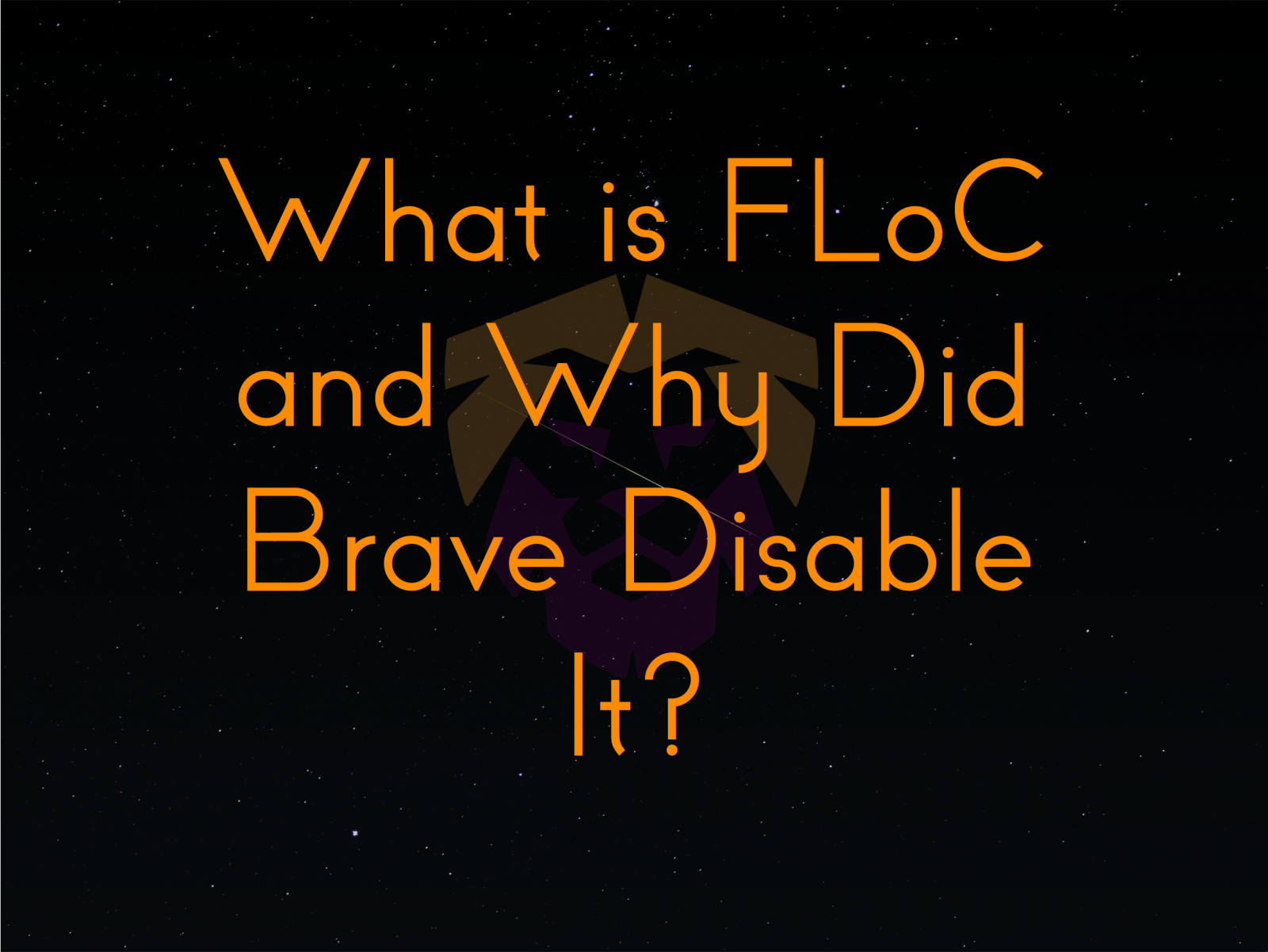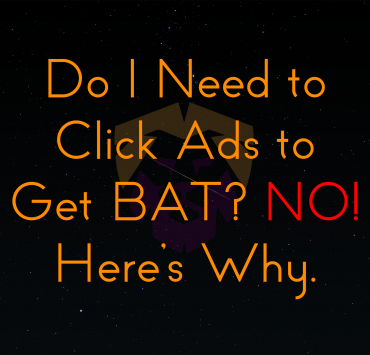What is FLoC and Why Did Brave Disable It?

On April 12, Brave released an article explaining that they have disabled FLoC in the Brave Browser. But what does this mean? And why did they do it? The article itself does lay out this information, but I believe it to be a bit “insider baseball”, so I wanted to try and lay out the significance of this move in layman’s terms.
What is FLoC?
FLoC stands for Federated Learning of Cohorts. This is a proposal that Google has made to replace tracking cookies on the web.
What is a Tracking Cookie?
For years, internet advertisers have used tracking cookies to store data about users and their browsing habits in order to market. The site CookieBot make this apt description:
Tracking cookies are cookies, i.e. text files dropped on browsers, that are able to record data about the user of that specific browser, such as his or her actions on a site, browsing activity, purchases and preferences, IP address and geographical location, and the like.
Usually, this information is used for targeted marketing, to direct and display advertisements as precisely as possible to relevant segments of the internet users, that is, potential customers.
CookieBot – Tracking Cookies and the GDPR – Link
Cookies, themselves, are not bad things. For instance, many login systems use cookies to track if a user is logged in to the site they’re on so that they don’t have to re-enter passwords on every page. Cookies aren’t inherently bad. They just record data.
So Why Are Tracking Cookies Bad?
They aren’t bad by default. It’s down to the actors involved. The cookies from 3rd-party advertising networks can be so aggressive that they can record your purchase history, geographical location, device information, search queries, and more. This behavior is incentivized because the more an ad network knows about you, the better they can target ads to you. Therefore, it is in a traditional ad networks best interests (AKA their bottom line) to grab as much information about you and how you act as possible. As you can probably tell, this opens the door for a major invasion of privacy.
Awareness over tracking and privacy in browsers has grown over the years, but the sentiment exploded after the Cambridge Analytica scandal. With growing resentment toward tracking, the cookie is in the crosshairs.

Okay, So Google Wants to Replace Tracking Cookies. That’s Good, Right?
Yes, but only in the way that getting stung by one bee is better than getting stung by two bees.
The problem is that Google is trying to make your browser do what these tracking cookies do instead. The basic gist is that Google will take your recent browsing history, group that history into a category/label with people who have a similar history (a cohort), and then share that information with any websites or advertisers who request this information.
This is potentially worse than the tracking cookies we have today. Instead of being an individual being tracked, now you’re part of a group. Advertisers and other actors can potentially way more easily target mass groups of people and manipulate or discriminate this group.
For an extreme but humorous example, consider I’m using Chrome and last week I spent time making dog-related web searches and purchases. This week, I decide I want to buy a cat. I go to buycat.com and when I try to buy a cat, the site disables the buy button. This is because with FLoC, my browser has thrown me into a group of people who likely own dogs and the website can read this data and decide to prevent my purchase. As everyone knows, dogs + cats + living together = mass hysteria.
In more insidious ways, this could group you into cohorts based on sexual preferences, religions, political affiliations, and much more intimate items. Imagine an internet where if a job website determined you were gay (based on your cohort), it could show you different jobs than if you were straight. People would rightfully be up in arms!
As the Electronic Frontier Foundation put it:
Users begin every interaction with a confession: here’s what I’ve been up to this week, please treat me accordingly.
Electronic Frontier Foundation – Google’s FLoC is a Terrible Idea – Link
The bigger question is, why do we have to be tracked at all?
Enter Brave’s Decision
As Brave is dedicated to user privacy, it is no surprise that they took steps to immediately disable FLoC in the Brave Browser. The protocol itself completely flies in the face of their mission and they have gradually proven that they do not need tracking cookies, or a newfangled worse version, to deliver a potent ad network that respects user privacy and empowers users, advertisers, and publishers.
If you value privacy, I can’t think of a better browser than Brave currently.


